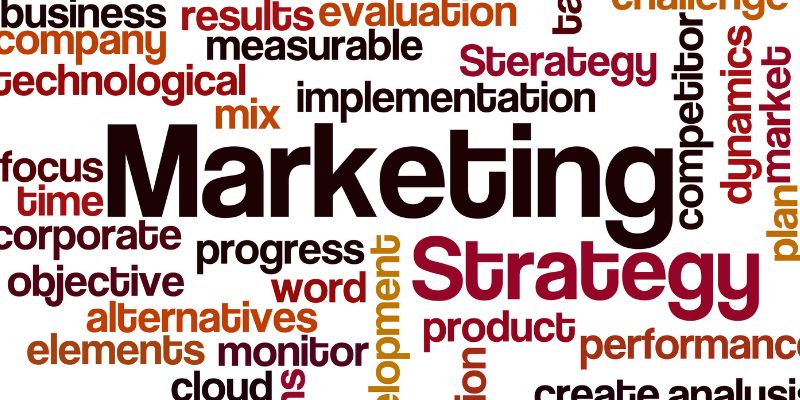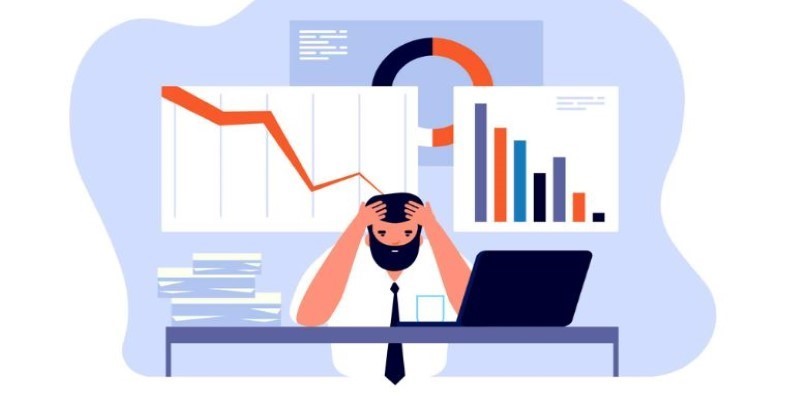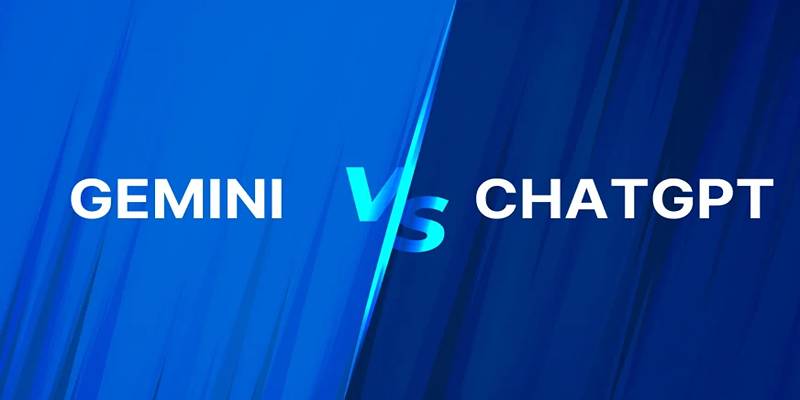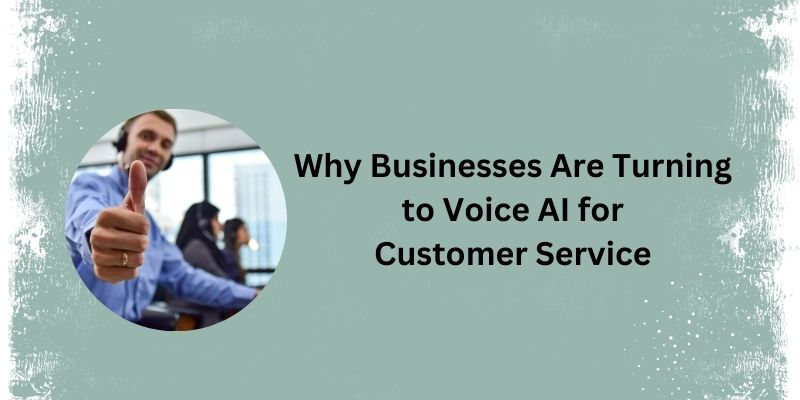Sales prospecting has always been one of the most time-consuming yet critical tasks for businesses. Teams often dedicate countless hours to researching, qualifying, and reaching out to potential leads—hoping a few will convert into paying customers. However, the manual nature of this process often leads to inefficiencies, missed opportunities, and wasted resources.
Businesses are now using smart tools to make their marketing easier, thanks to the rise of artificial intelligence (AI). AI helps find the best customers, do boring chores automatically, and tailor communications to each person. It makes the process faster, smarter, and more accurate. This post talks about how businesses can use AI to improve the quality of their leads, improve their sales prospecting, and eventually close more deals.
Understanding AI in Sales Prospecting
AI for sales prospecting refers to software tools that use machine learning and data analysis to identify, engage, and prioritize potential buyers. These systems can analyze large volumes of data, uncover trends, and provide actionable insights—helping sales professionals focus their efforts where it matters most. Instead of relying solely on human intuition or guesswork, AI-based tools bring precision and efficiency to the process.
Why Businesses Are Turning to AI for Prospecting
There are several reasons why companies are rapidly adopting AI in their sales pipelines:
- Faster lead generation: AI quickly looks through huge files and the web for possible leads.
- Improved accuracy: Machine learning algorithms help detect which prospects are most likely to convert.
- Personalized communication: AI tailors outreach based on behavior, preferences, and buyer intent.
- Scalable engagement: Teams can reach out to more leads without sacrificing personalization.
- Better time management: Reps spend less time on research and more on meaningful interactions.
Practical Ways to Use AI for Sales Prospecting

Here’s how businesses are currently using AI to revolutionize their prospecting process.
Identifying Leads Through Smart Tools
AI-powered tools like ZoomInfo, Lusha, and Clearbit have transformed how companies discover leads. These platforms use machine learning to gather and verify contact data, analyze company structures, and match ideal customer profiles to real-time databases. By automating lead discovery, companies reduce time spent on manual searches and gain access to highly targeted prospects.
Segmenting Prospects by Behavior
Once leads are identified, AI systems can automatically segment them into groups based on behavior, industry, demographics, or engagement level. It ensures marketing and sales teams deliver the right message to the right audience at the right time.
For example, a cold lead who downloaded a free ebook might be grouped differently from a returning visitor who viewed pricing pages.
Lead Scoring Using Predictive Analytics
Not all leads have the same potential. AI can score prospects by analyzing behavioral signals such as email opens, website activity, social media engagement, and prior interactions. This process is known as predictive lead scoring.
Why AI Lead Scoring is More Reliable
Unlike traditional lead scoring based on fixed rules, AI adapts continuously. It learns from previous sales outcomes to improve prediction accuracy, helping reps prioritize high-quality leads and avoid wasting effort on low-potential prospects.
Enhancing Messaging with AI Content Tools
AI doesn’t stop at identifying leads—it can also help craft outreach messages. Tools like Lavender and ChatGPT-based assistants allow teams to write email content that feels personalized and relevant without requiring hours of manual editing.
Sales reps can generate customized messages using:
- Job titles
- Industry-specific terms
- Past buyer behavior
- Company news
It not only saves time but also increases response rates.
Using AI Chatbots to Engage Website Visitors
Businesses are also placing AI chatbots on their websites to interact with visitors, answer questions, and gather lead information. These bots can qualify leads by asking pre-set questions and route the data directly to sales teams or CRMs.
Benefits include:
- 24/7 customer interaction
- Instant lead capture
- Automatic data entry into sales tools
Chatbots as Lead Qualifiers
Instead of relying on forms, AI chatbots can naturally engage users and learn about their intent—filtering out irrelevant traffic and highlighting real opportunities.
Tracking and Analyzing Buyer Signals
AI can also analyze behavioral data to help predict when a lead is most likely to buy. By tracking things like time spent on a product page, content downloads, or frequency of return visits, AI tools provide insights into where a prospect is in the decision-making journey.
Sales teams use this data to:
- Time their follow-ups perfectly
- Tailor the next interaction
- Avoid reaching out too early or too late
This type of intelligent timing improves conversion chances significantly.
Automating Follow-Ups and Reminders
Follow-ups are key in sales but often forgotten. AI-driven CRMs such as Salesforce Einstein or HubSpot’s AI features automatically schedule reminders or send follow-up emails based on activity (or inactivity).
Common follow-up automation includes:
- Sending a check-in message 3 days after no reply
- Recommending content if a lead views certain pages
- Creating tasks for reps when a lead re-engages
Automation ensures no potential opportunity falls through the cracks.
Learning and Improving from Performance Data

Lastly, AI can help optimize the entire prospecting process by analyzing historical data. It shows which channels perform best, which outreach methods get responses, and which types of content drive engagement.
Making Smarter Decisions from Data
Instead of making guesses, companies can make informed decisions based on trends and real outcomes. Over time, this results in smarter campaigns, better prospecting strategies, and more predictable revenue.
Conclusion
AI has opened the door to faster, smarter, and more efficient sales prospecting. From lead generation and scoring to messaging and analysis, businesses can now automate routine tasks and focus their energy on building relationships and closing deals. Companies looking to stay ahead in competitive markets should consider starting with one or two AI tools—such as lead finders or automated messaging platforms—and gradually scale from there. The key is to combine smart automation with human empathy for the best results.











